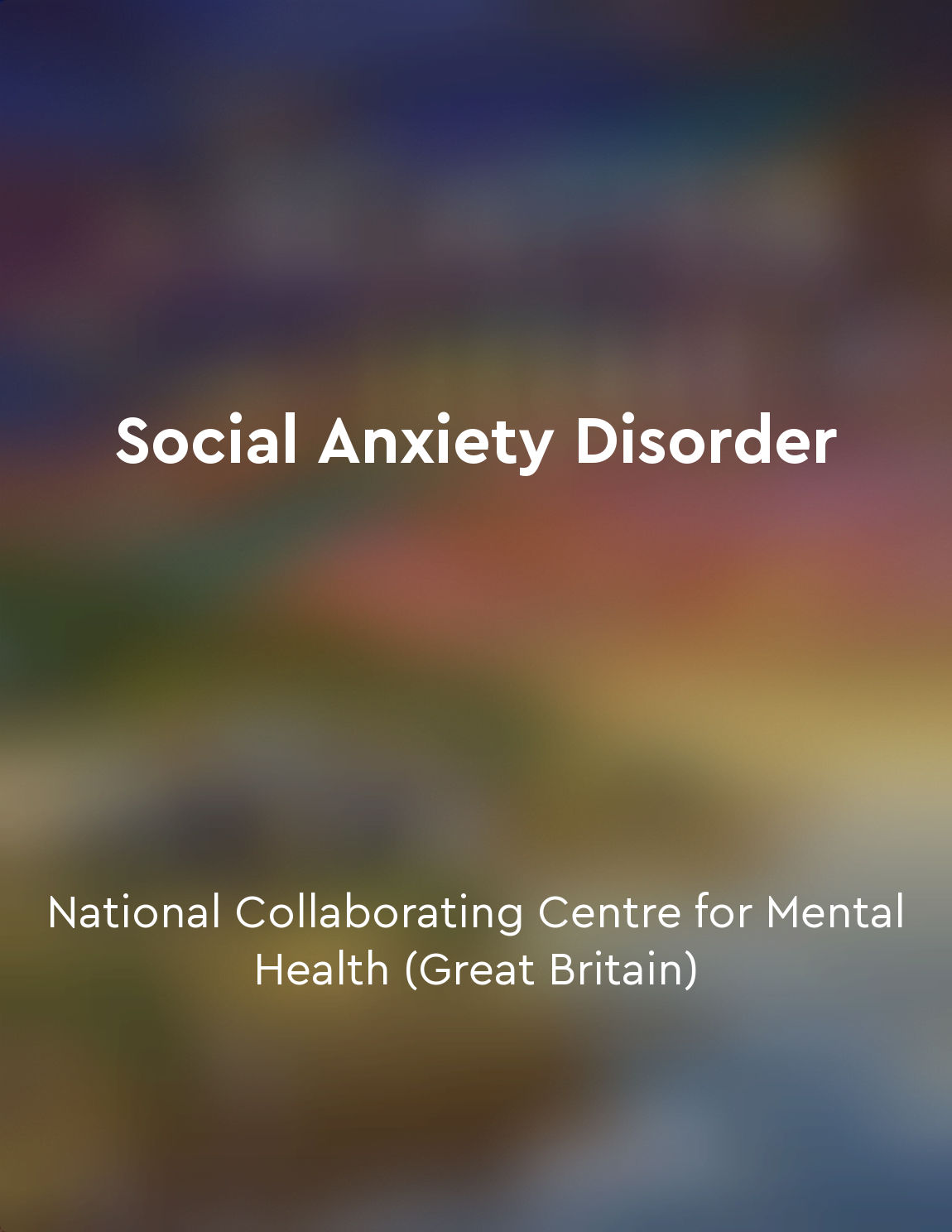Practicing relaxation techniques can lead to a sense of calm from "summary" of The Relaxation Response by Herbert Benson,M.D.,Miriam Z. Klipper
The power of relaxation techniques lies in their ability to elicit the body's natural relaxation response. By engaging in practices such as deep breathing, meditation, or progressive muscle relaxation, individuals can activate this innate mechanism that promotes a state of calmness and relaxation. This response, first identified by medical doctor Herbert Benson, involves the activation of the parasympathetic nervous system, sometimes referred to as the "rest and digest" system. When the relaxation response is triggered, the body experiences a decrease in heart rate, blood pressure, and muscle tension. These physiological changes counteract the effects of the body's stress response, known as the "fight or flight" response. As a result, individuals may feel a sense of peace and tranquility wash over them as they continue to practice these techniques. The beauty of the relaxation response is that it is accessible to anyone willing to put in the time and effort to cultivate it. Through regular practice, individuals can train their bodies to enter this state of relaxation more quickly and easily, making it a valuable tool for managing stress and anxiety in daily life. In a world filled with constant demands and pressures, the ability to tap into this sense of calm can be a game-changer for many individuals seeking relief from the chaos of modern life.- Individuals can experience not only a reduction in stress levels but also an improvement in overall well-being. The benefits of practicing relaxation techniques extend beyond the immediate feelings of calmness to include improved sleep, enhanced focus and concentration, and even a stronger immune system. In essence, by taking the time to relax and unwind, individuals are investing in their physical, mental, and emotional health for the long term.
Similar Posts
Mindful eating is explored as a way to improve health and wellbeing
Eating mindfully involves paying attention to the entire process of eating, from selecting food to chewing and swallowing. It i...
Positive relationships lead to a happy brain
Establishing positive relationships with others has a profound impact on our brain's happiness. When we surround ourselves with...

Social anxiety disorder is not simply shyness
Shyness is often perceived as a normal part of human behavior, with many people experiencing feelings of shyness in certain soc...
Setting clear boundaries helps protect energy reserves
Setting clear boundaries is a critical aspect of managing our energy effectively. When we fail to establish boundaries, we leav...
Seek help and support when necessary
When you are faced with a problem that seems insurmountable, don't be afraid to reach out for help. Seeking assistance from oth...
Building a strong support system
Building a strong support system is crucial for success in any endeavor, including preparing for competitive exams. This suppor...
Nurturing empathy and compassion
To nurture empathy and compassion in our children is to cultivate a deep understanding and connection with others. It involves ...
Engage in creative activities to stimulate brain function
One way to keep your mind sharp is to participate in creative activities that challenge your brain. These activities can includ...

Recognizing triggers for overeating and finding healthy coping mechanisms is important
It's crucial to understand what triggers you to overeat. Stress, boredom, loneliness, or certain environments can all lead to m...
Cultivate a deeper connection with your body
To truly understand the messages our bodies are sending us, we must learn to tune into our physical sensations and emotional re...

